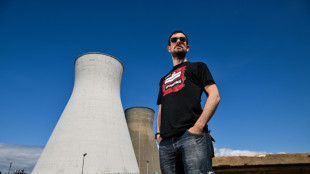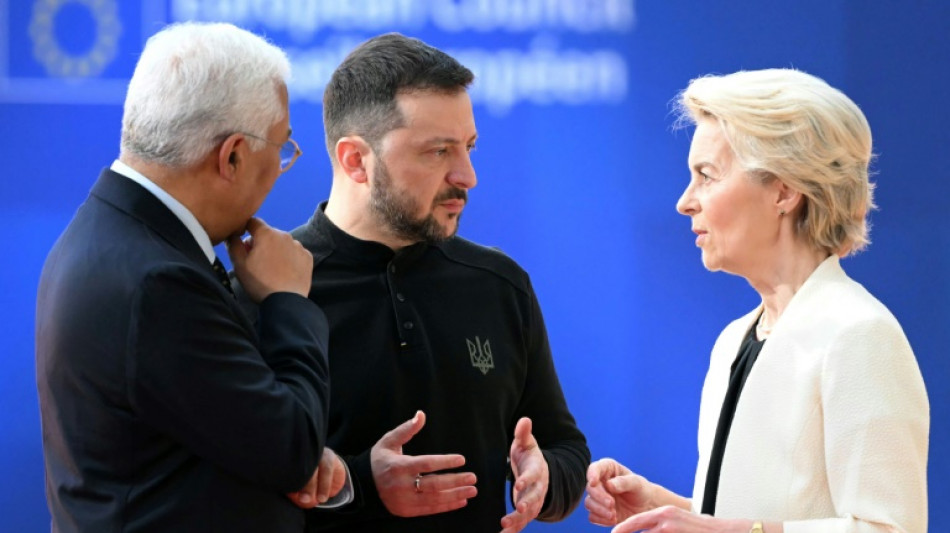
-
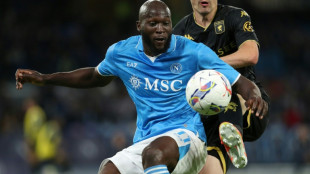 Napoli give Inter Scudetto hope after being held by Genoa
Napoli give Inter Scudetto hope after being held by Genoa
-
US, China hail 'substantial progress' after trade talks in Geneva
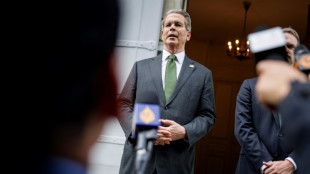
-
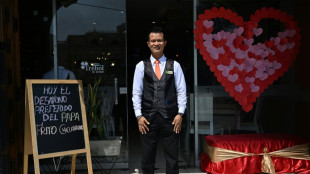 Blessings but not tips from Pope Leo at Peru diner
Blessings but not tips from Pope Leo at Peru diner
-
Alcaraz, Zverev march into Italian Open last 16
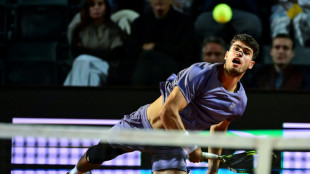
-
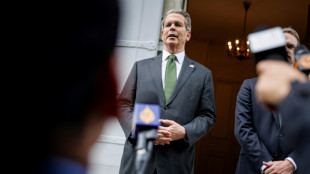 US and China hail 'progress' after trade talks end in Geneva
US and China hail 'progress' after trade talks end in Geneva
-
Jeeno keeps cool to win LPGA's Americas Open
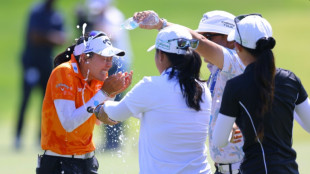
-
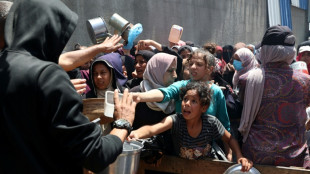 Hamas to release hostage as part of direct Gaza talks with US
Hamas to release hostage as part of direct Gaza talks with US
-
Marvel's 'Thunderbolts*' retains top spot in N.America box office
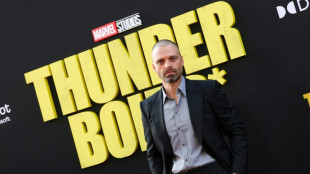
-
 Parade, protests kick off Eurovision Song Contest week
Parade, protests kick off Eurovision Song Contest week
-
Forest owner Marinakis says Nuno row due to medical staff's error
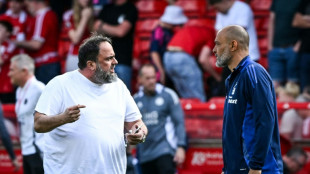
-
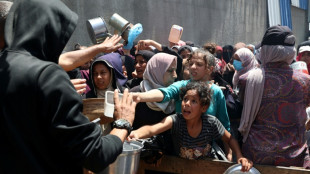 Hamas officials say group held direct Gaza ceasefire talks with US
Hamas officials say group held direct Gaza ceasefire talks with US
-
Zelensky offers to meet Putin in Turkey 'personally'
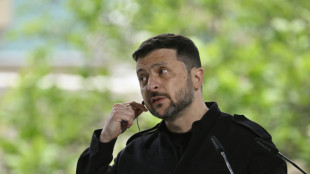
-
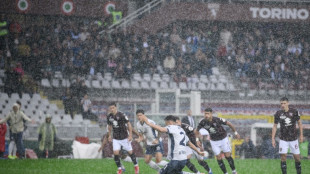 Inter beat Torino and downpour to move level with Napoli
Inter beat Torino and downpour to move level with Napoli
-
'Not nice' to hear Alexander-Arnold booed by Liverpool fans: Robertson
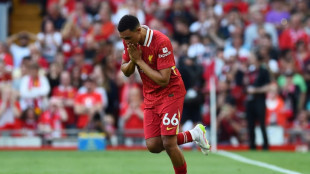
-
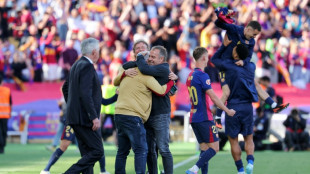 'We'll defend better next season': Barca's Flick after wild Clasico win
'We'll defend better next season': Barca's Flick after wild Clasico win
-
Trump urges Ukraine to accept talks with Russia
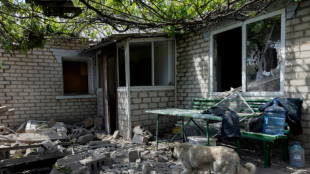
-
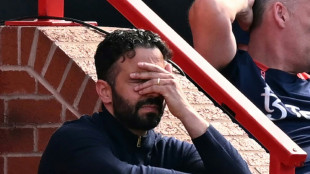 Amorim warns Man Utd losing 'massive club' feeling after Hammers blow
Amorim warns Man Utd losing 'massive club' feeling after Hammers blow
-
Complaint filed over 'throat-slitting gesture' at Eurovision protests: Israeli broadcaster
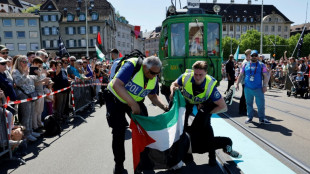
-
 Newcastle win top-five showdown with Chelsea, Arsenal rescue Liverpool draw
Newcastle win top-five showdown with Chelsea, Arsenal rescue Liverpool draw
-
Departing Alonso says announcement on next move 'not far' away
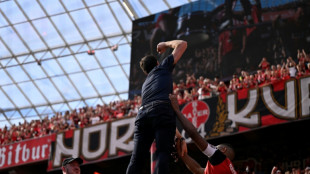
-
 Arsenal hit back to rescue valuable draw at Liverpool
Arsenal hit back to rescue valuable draw at Liverpool
-
Pakistan's Kashmiris return to homes, but keep bunkers stocked
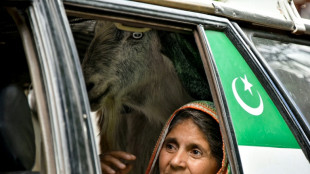
-
 Postecoglou hopeful over Kulusevski injury ahead of Spurs' Europa final
Postecoglou hopeful over Kulusevski injury ahead of Spurs' Europa final
-
Washington hails 'substantive progress' after trade talks with China
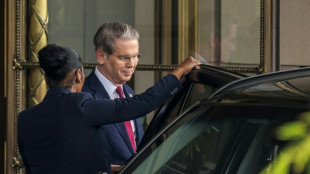
-
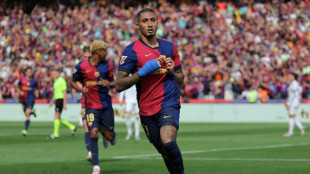 Barca edge Real Madrid in thriller to move to brink of Liga title
Barca edge Real Madrid in thriller to move to brink of Liga title
-
Albanians vote in election seen as key test of EU path
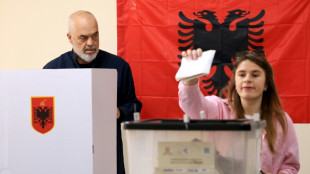
-
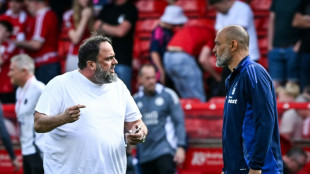 Forest owner Marinakis confronts Nuno after draw deals Champions League blow
Forest owner Marinakis confronts Nuno after draw deals Champions League blow
-
Dortmund thump Leverkusen to spoil Alonso's home farewell

-
 Pedersen sprints back into Giro pink after mountain goat incident
Pedersen sprints back into Giro pink after mountain goat incident
-
Zverev cruises into Rome last 16, Sabalenka battles past Kenin
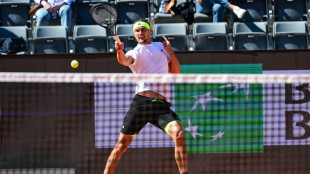
-
 Newcastle win top-five showdown with Chelsea, Forest held to damaging draw
Newcastle win top-five showdown with Chelsea, Forest held to damaging draw
-
Iran says nuclear talks 'difficult but useful', US 'encouraged'
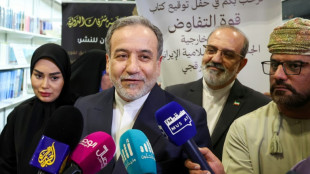
-
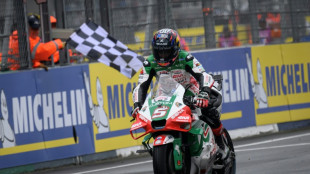 Zarco first home winner of French MotoGP since 1954
Zarco first home winner of French MotoGP since 1954
-
Taliban govt suspends chess in Afghanistan over gambling
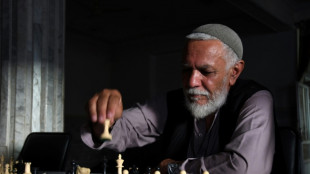
-
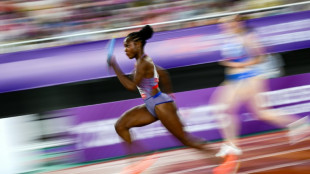 Eduan, Simbine shine at world relays
Eduan, Simbine shine at world relays
-
Washington 'optimistic' amid trade talks with China
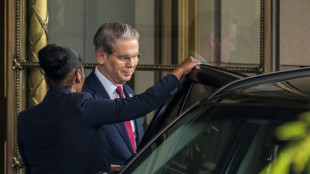
-
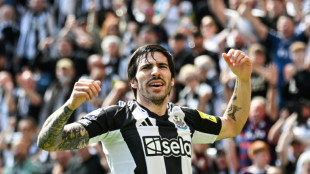 Tonali sinks 10-man Chelsea as Newcastle win top five showdown
Tonali sinks 10-man Chelsea as Newcastle win top five showdown
-
Ukraine says will meet Russia for talks if it agrees to ceasefire
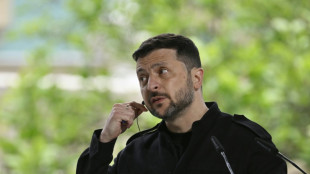
-
 India's worst-hit border town sees people return after ceasefire
India's worst-hit border town sees people return after ceasefire
-
Pope Leo XIV warns of spectre of global war in first Sunday address
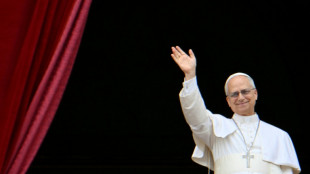
-
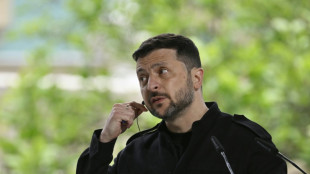 Ukraine says will meet Russia for talks if Moscow agrees to ceasefire
Ukraine says will meet Russia for talks if Moscow agrees to ceasefire
-
Sabalenka battles past Kenin and into Rome last 16

-
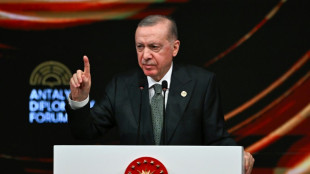 Erdogan says efforts to end Ukraine war at 'turning point'
Erdogan says efforts to end Ukraine war at 'turning point'
-
Pope Leo XIV calls for peace at St Peter's prayer
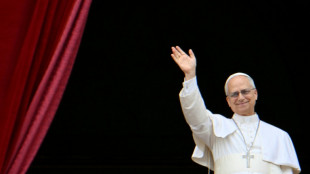
-
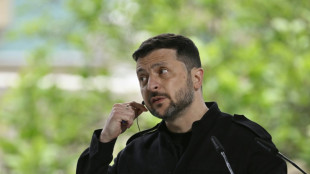 Ukraine will meet Russia for talks if Moscow agrees to ceasefire
Ukraine will meet Russia for talks if Moscow agrees to ceasefire
-
India, Pakistan ceasefire holds after early violations
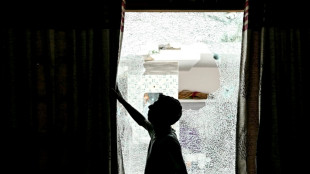
-
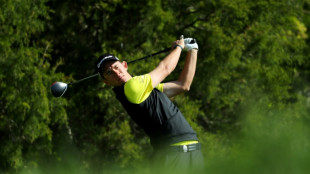 Herbert seals Asian Tour win with final-hole heroics
Herbert seals Asian Tour win with final-hole heroics
-
Catholics gather to catch glimpse of Pope Leo XIV at St Peter's prayer
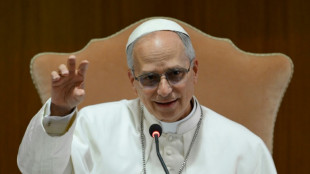
-
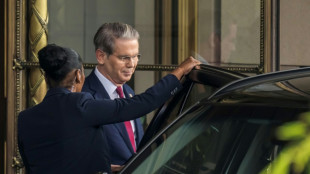 US-China talks resume as Trump hails 'total reset' in trade relations
US-China talks resume as Trump hails 'total reset' in trade relations
-
Ukraine ready for Russia truce talks, Zelensky says
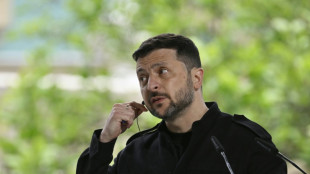

Europe shifts gears for the Trump era
Barely a month ago, a phone call between Donald Trump and Vladimir Putin sent an unmistakable message across the Atlantic: the United States may not be there forever to keep Europe safe from an aggressive Russia.
By the time the pair spoke again this week, a whirlwind of diplomacy had seen Europe juggle alliances and rewrite long-held rules -- with a show of assertiveness not always associated with the Old Continent.
"The advent of the Trump administration has given history a shove, and concentrated minds about what needs to be done," summed up Ian Lesser of the German Marshall Fund think tank.
Here is a look at the shifts taking place -- and what might lie ahead -- as the 27-nation European Union holds on Thursday its third summit in six weeks aimed at ramping up its defences.
- 'New actors' -
From Brussels to Paris to London and back to Brussels -- the frenzy of diplomacy sparked by Trump's outreach to Moscow over Ukraine has blurred a number of lines.
Back-to-back meetings have involved sub-groups of countries from in and outside the EU, and for the bloc's formal talks, "likeminded" partners from Britain to Canada have been kept in the loop, as they will be again this week.
More often than not, NATO's secretary general has joined in, intent on acting as a bridge with the new US administration.
The shifting formats highlight the challenge posed by Hungary's Viktor Orban, who is friendly to both Trump and Russia and has repeatedly held up unanimous EU action on Ukraine.
For the second time running, leaders expect to settle in Brussels on a 26-nation statement to sidestep what a senior EU official termed the "strategic divergence" with Orban over the conflict.
From big tent to close-knit huddle, the flexibility also reflects the shape of the "coalition of the willing" emerging around Ukraine, and the complexities of bolstering Europe's defences longer-term.
"It's clear that a Europe that takes defence, not just more seriously, but more autonomously, is going to want to include new actors including Britain, Norway but also Turkey," said Lesser, who also sees a chance of a "stronger European pole" within NATO emerging in times ahead.
- Old friends -
Britain's move back towards Europe is one of the most striking consequences of America's disengagement, even as a formal bid to rekindle ties post-Brexit showed signs of floundering.
Old gripes were bubbling up again between London and some European capitals accusing it of cherry-picking in its "reset" push -- and EU insiders still believe any broad agreement will be difficult.
But British Prime Minister Keir Starmer has emerged as a key player in European efforts to keep the United States engaged, secure a hoped-for ceasefire in Ukraine, and get serious about the continent's own security.
"This has really helped turn a page with the United Kingdom," said Camille Grand, policy fellow at the European Council on Foreign Relations. "Both sides are realising that, when it comes down to it, we can come together around the things that truly matter."
In the short term, Grand still predicts a tussle over "who gets access to Europe's cash for rearmament", with "buy European" provisions baked into a 150-billion-euro ($163-billion) loan programme presented this week.
But Britain could come in on the project if it signs a security deal with the EU.
And with Starmer and France's Emmanuel Macron working in lockstep on a Ukraine coalition, that bolsters the case of those seeking closer EU-UK cooperation on security at least.
- Rules be damned? -
The prospect of losing US security protection has also triggered a minor earthquake involving the EU's sacrosanct budget deficit rules.
Brussels now wants the fiscal rules put on hold for four years to unlock potential defence spending worth 650 billion euros, to nods from countries who would once have howled in protest.
Calls to go further and overhaul those same rules have emanated from historically reluctant spender Germany -- itself tearing up decades of precedent by backing a defence spending "bazooka" pushed by leader-in-waiting Friedrich Merz.
More radical still, Merz has called for talks with France and Britain on a shared nuclear deterrent, while Poland's Donald Tusk has shown interest in accessing atomic weapons.
"Many taboos have been shattered in recent weeks," said Lesser, on everything from deterrence to finance.
The caveat? Influential Germany and the Netherlands remain firmly opposed to bigger EU joint borrowing on the scale deployed to overcome the Covid pandemic.
"Right now, it's not there," the bloc's top diplomat Kaja Kallas acknowledged Wednesday. "But is it completely off the table? I don't think so."
C.Koch--VB

